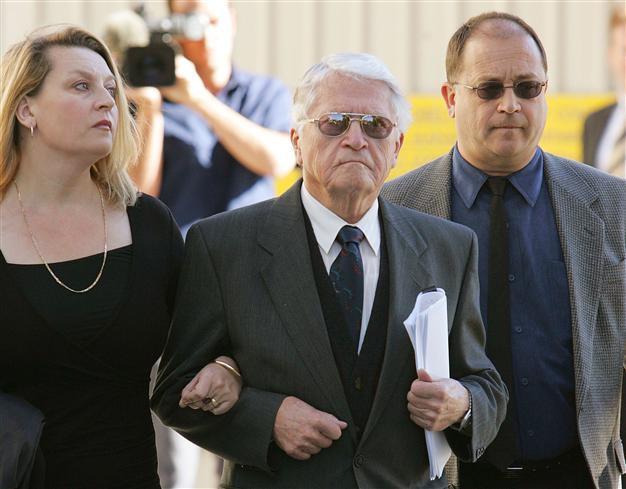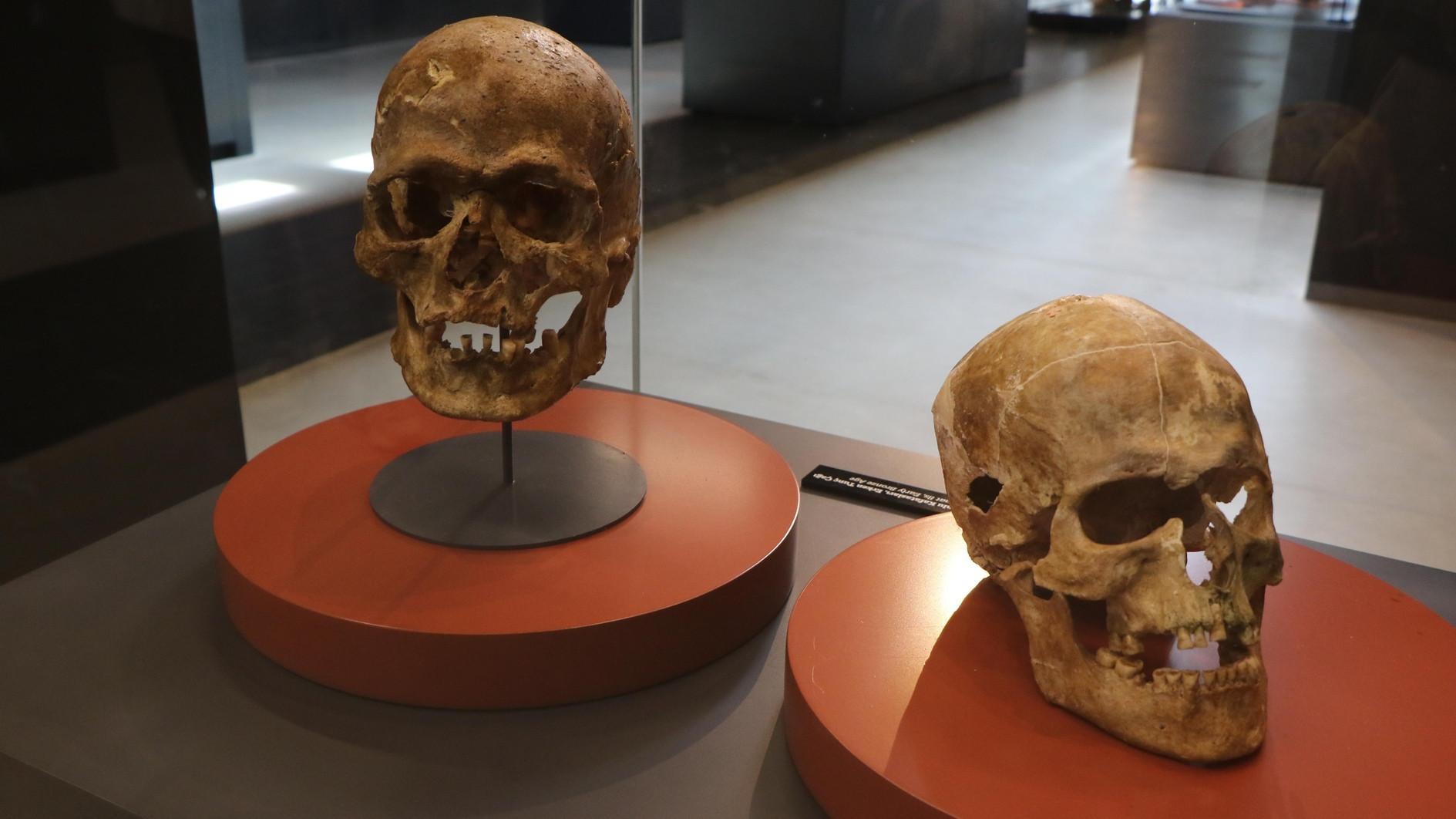Accused Nazi war criminal free to stay in Australia
SYDNEY - Agence France-Presse

This file photo taken on July 19, 2005 shows alleged WWII war criminal Charles Zentai (C) walking from the Perth Magistrates Courts with his daughter and son after he appeared in on extradition proceedings instigated by the Hungarian authorities. The now-90-year-old Zentai accused of being a Nazi war criminal on August 15, 2012 won his fight to stay in Australia, after the High Court blocked his extradition to Hungary. AFP PHOTO / FILES / TONY ASHBY
A 90-year-old man accused of being a Nazi war criminal won his fight Wednesday to stay in Australia, ending a legal battle to extradite him to Hungary over the 1944 murder of a Jewish teenager.Charles Zentai was allegedly one of three Nazi-backed Hungarian soldiers who tortured and killed a Jewish boy in Budapest, a crime for which he has always maintained his innocence.
"The effect of the High Court's decision is that Mr Zentai will not be surrendered to Hungary," a spokeswoman for Home Affairs Minister Jason Clare said, confirming that the decision was final.
"Mr Zentai cannot be surrendered for extradition because the offence of 'war crime' did not exist under Hungarian law at the time of Mr Zentai's alleged criminal conduct." Hungary first requested the extradition of Zentai, an Australian citizen, in 2005 for the offence of "war crime", namely a fatal assault on Peter Balazs, 18, in November 1944 for not wearing a yellow Star of David.
He and two fellow soldiers in the Hungarian army, which was then allied to the Germans, were accused of beating Balazs and then tossing his body into the Danube River.
Zentai has always claimed he had already left Nazi-occupied Budapest by then and could not have been involved in the murder.
He said Wednesday he was relieved at the High Court decision.
"The way I feel at the moment... I'm just overwhelmed," he told the Australian Broadcasting Corporation in Perth.
"I've been so stressed, the last few days in particular, so now I just don't know how I feel." Asked whether he was still prepared to be questioned by Hungarian authorities if they came to Australia, he said: "Oh yes, I am." The Australian government agreed to send Zentai to Hungary to face the allegations in late 2009, but he fought a legal battle against the move and the Federal Court eventually overturned his extradition.
Canberra pushed ahead with its case, despite pleas from Zentai's family that he was elderly and had health problems, appealing the Federal Court's interpretation of an "extraditable offence".
In late 2011, when the government was granted leave to appeal to the High Court, the nation's highest judicial authority, it said the matter raised "a significant issue for the administration of Australia's extradition regime".
It said Wednesday that the High Court decision provided certainty about the interpretation of a provision of Australia's extradition treaty with Hungary, but did not alter extradition arrangements.
Zentai's lawyer Denis Barich confirmed to AFP that he received a letter from the attorney-general's department saying that extradition proceedings had been concluded.
"Obviously the family and Mr Zentai are over the moon, naturally. It's been a seven-year saga," he said.
"One thing I'm worried about... people might see this and say Mr Zentai is being let off on a technicality.
"But that's just a small part of a number of matters why this matter shouldn't have come this far anyway." Barich said had Zentai, who has lived in Australia for almost six decades and has denied ever being a Nazi, been extradited it was unlikely the case would have stood up given the evidence.
Australia conducted war crimes trials of Japanese defendants between November 1945 and April 1951, but since then has not concluded a successful prosecution of a war criminal or extradited a citizen to face trial elsewhere.
















